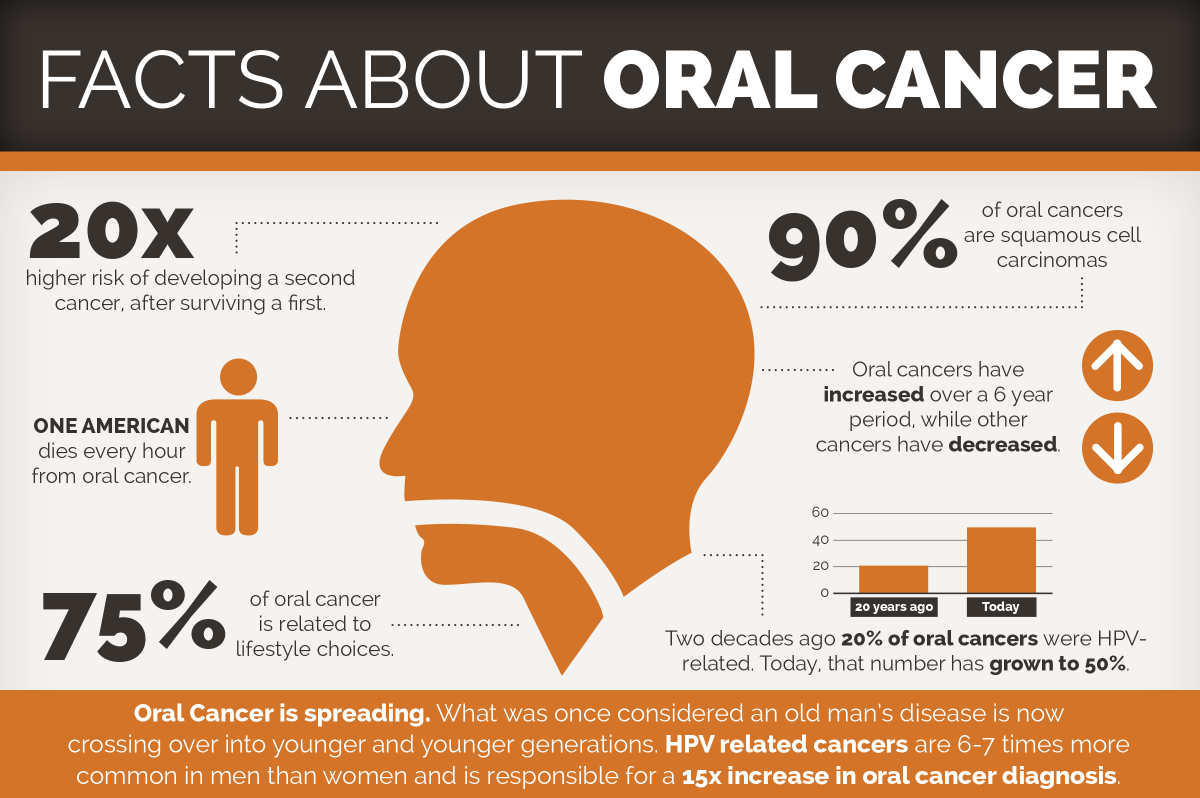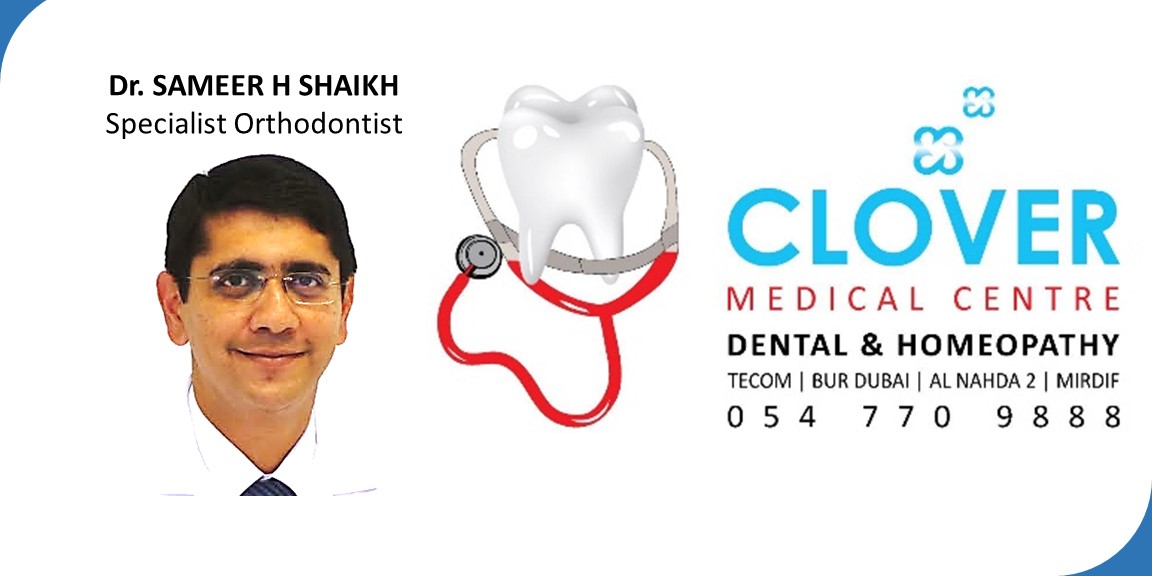Causes of Oral Cancer

Cancers of the mouth, or oral cancers, are relatively rare and are therefore not as often written about or discussed. Unfortunately, there are many forms of oral cancer, some of which are deadly; and a lot of them go unnoticed until it is too late, simply because they are not brought to the attention of a dentist or doctor in time for appropriate treatment to be administered. This leads to statistics showing a very high mortality rate for those suffering from oral cancers.
The oral area which may be prone to cancer comprises the lips, tongue, gums, buccal mucosa (the inside of the cheeks), the hard palate (or roof of the mouth) and the floor of the mouth (under the tongue). Most oral cancers are squamous cell carcinomas, which account for approximately 90 percent of all cancerous lesions in the mouth. Less well known variations of the disease are various cancers of the salivary glands, Mucoepidermoid Carcinoma, Oral Malignant Melanoma and Adenoid Cystic Carcinoma.
As in all other forms of cancer, the disease spreads by the rampant division of cells which possess mutated genes. When one’s DNA is unable to control the spread, a nodule or lump is formed, which is known as a tumor. If diagnosed early enough, almost all oral cancers at this stage can be successfully treated, but this is unfortunately not the case. The medical profession constantly gives out information relating to the better known cancers on how to check for abnormalities on or in one’s bodies, but rarely are we urged to check under our tongues or inspect our palates.
Tobacco is all its forms, such as cigarettes, cigars, cheroots and pipes are all major causes of oral cancer. Alcohol, especially strong spirits, has been found to be another factor generating the onset of oral cancers. Statistics show that the more one drinks, the greater the chance of a cancerous growth appearing in the mouth. A combination of tobacco and alcohol together has been shown to increase the risk to an even higher degree.
In order to prevent such cancers, it is advisable to visit your dentist or dentistry specialist at least twice a year.
